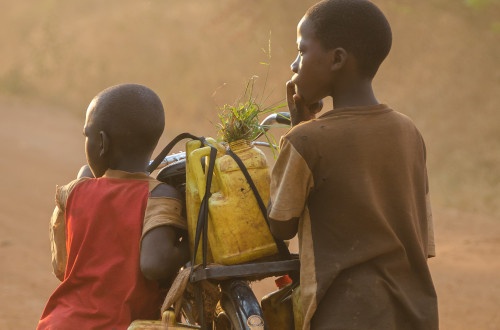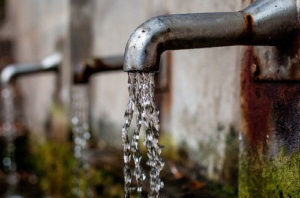The power of water
Water connects every aspect of life. Access to safe water and sanitation can quickly turn problems into potential – empowering people with time for school and work, and contributing to improved health for women, children, and families around the world.
Today, 785 million people – 1 in 9 – lack access to safe water and 2 billion people – 1 in 3 – lack access to a toilet. These are the people we empower.
A women’s crisis
Women are disproportionately affected by the water crisis, as they are often responsible for collecting water. This takes time away from work, school and caring for family. The lack of water and sanitation locks women in a cycle of poverty.
Empowering women is critical to solving the water crisis. When women have access to safe water at home, they can pursue more beyond water collection and their traditional roles. They have time to work and add to their household income.
A health crisis
The water crisis is a health crisis. Nearly 1 million people die each year from water, sanitation and hygiene-related diseases which could be reduced with access to safe water or sanitation. Every 2 minutes a child dies from a water-related disease. Access to safe water and sanitation contributes to improved health and helps prevent the spread of infectious disease. It means reduced child and maternal mortality rates. It means reduced physical injury from constant lifting and carrying heavy loads of water.
A children’s and education crisis
Children are often responsible for collecting water for their families. This takes time away from school and play. Access to safe water and sanitation changes this. Reductions in time spent collecting water have been found to increase school attendance, especially for girls. Access to safe water gives children time to play and opportunity for a bright future.
An economic crisis
Time spent gathering water or seeking safe sanitation accounts for billions in lost economic opportunities. $260 billion is lost globally each year due to lack of basic water and sanitation. Access to safe water and sanitation at home turns time spent into time saved, giving families more time to pursue education and work opportunities that will help them break the cycle of poverty.



